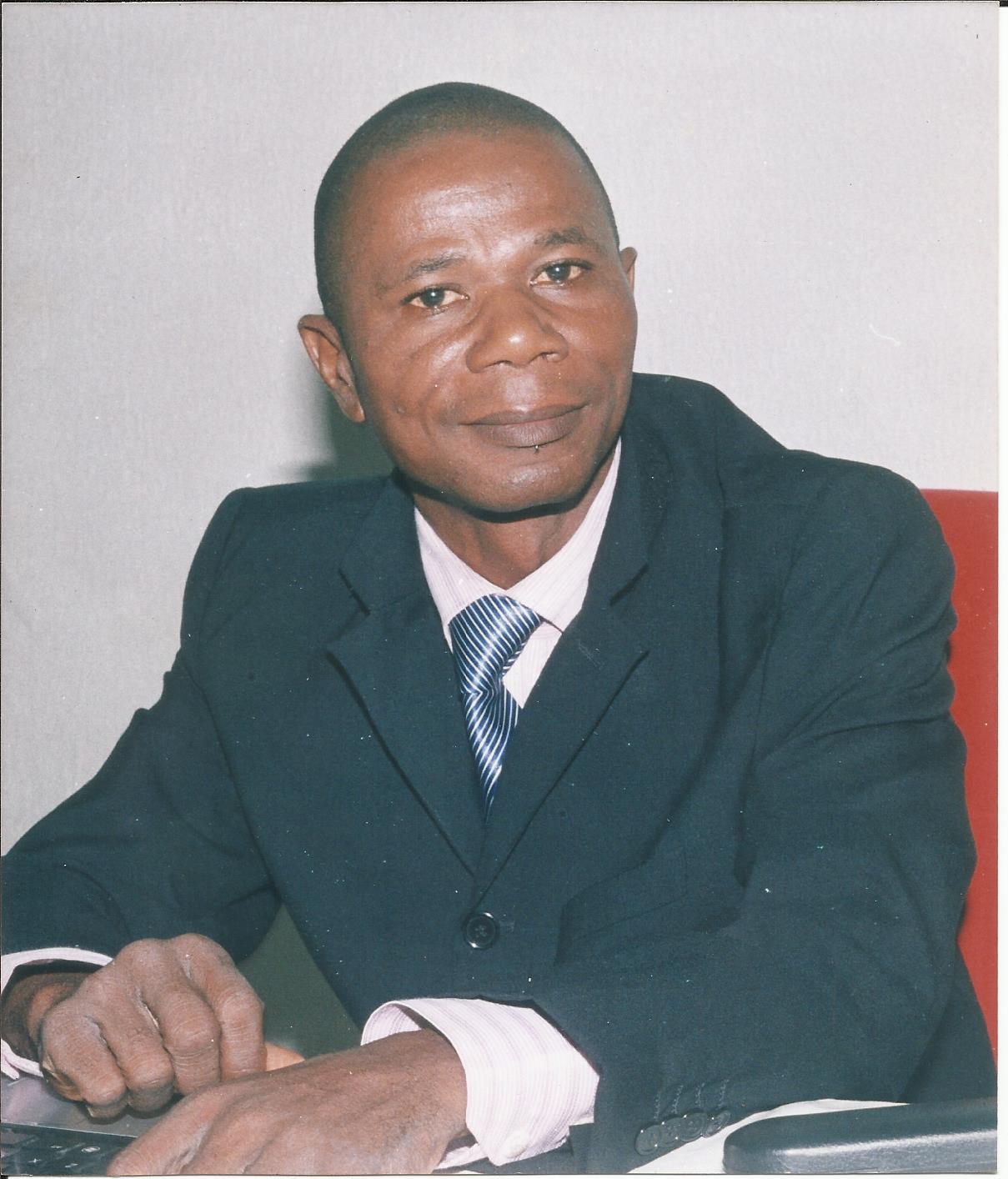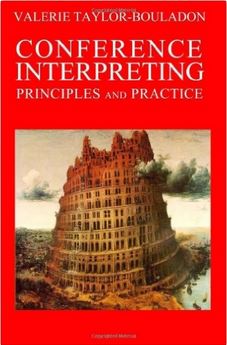
Our Community
Get to know our community
Join Translation Journal
Click on the Subscribe button below to receive regular updates.
Etienne K. Iwikotan

Question and Answer
- What is your name?
- Etienne K. Iwikotan
- Where do you live?
- Cotonou, Republic of Benin
- How long have you been an interpreter or translator?
- 17 years
- What made you decide to become a translator or interpreter?
- Love of languages and desire to facilitate communication
- List one strength that you think sets you apart from your colleagues.
- My interest in continuing education to learn new things and techniques
- Name the one thing that you most enjoy in your translating or interpreting career.
- Interpreting in a meeting for many days where communication flows and people sometimes do not even realize that there are interpreters in the booth
- We all have worked on those not-so-perfect assignments. Write about one such assignment that was not ideal and what you learned from it.
- When I was younger in the profession, I received an assignment but the text was not well-written at all. I translated the text to the best of my abilities but I was blamed for producing a poor quality translation even though the client acknowledged that the source text was not coherent. The lesson I leaned is that it is not possible to produce a good translation from a faulty source text. Following that experience, sometimes, I have had to make the difficult decision of requesting clients to kindly review a text before I can translate it.
- If you could go back in time to when you were just starting out as a translator or interpreter, what advice would you give to your younger self?
- As much as possible, prices should not be discussed over the phone Even in the absence of a contract, any agreed proce should be written
- Name one resource – such as a phone app, CAT tool, website, and so forth – that you find especially helpful in your translating or interpreting work.
- www.linguee.fr
- What’s the best book you’ve read this year?
- Conference Interpreting: Principles and practice, by Valerie Taylor-Bouladon
This book is now in its Third Edition having recently been revised and updated. It is also available as an e-Book (Kindle). It has been described by Sherrill J. Bell, Executive Director of NAATI at the time of its first publication, as "one of the most significant contributions to the field of interpreting and translating in Australia in the past decade. It represents the only major publication in Australia on this specific aspect of interpreting in recent years. As such, it provides an all-encompassing reference work for prospective conference interpreters, for conference organisers, for interpreting and translation educators and for individuals generally interested in the profession." "The book is written in a very free style that clearly reflects the enthusiasm and vibrancy of the author. Its content is informative and practical, often based on scientific principles, while at the same time interspersed with humour and fascinating anecdotes. The book has the remarkable quality of conveying serious and important concepts in a format that is user-friendly and enjoyable to read. In summary, Conference Interpreting is a most significant contribution to the field of interpreting in Australia and internationally. It should be required reading for all those involved with the profession. It begins with the history of interpreting in Europe and Australia, then looks at how it is done today, and what lies ahead. The different modes of interpretation are explained; there are tips for beginners such as how to overcome stage fright, what to do if you miss something, booth behaviour and microphone manners, how to become a graceful scapegoat, economise your voice and make delegates laugh as well as how to deal with Australianisms. A chapter is devoted to conference organisers, another to protocol and etiquette, after-dinner speeches and press conferences, as well as the duties, responsibilities and ethics of the profession, how to improve your performance, working for radio and television and the special requirements, gravity and complexity of court interpreting. The bodies that make up UN and EU are detailed and the languages used. Finally a comprehensive bibliography is given with suggestions for further reading. This book is intended to help language students, would-be interpreters, conference organizers and delegates as well as those who have studied interpretation techniques but lack booth experience and are reluctant to launch themselves into this challenging but satisfying, stimulating, even exhilarating, profession. It is not about the theory of interpretation but rather a 'hands-on' manuel explaining how simultaneous interpretation works, how it is done, the pitfalls to avoid, which languages are most in demand and where.
